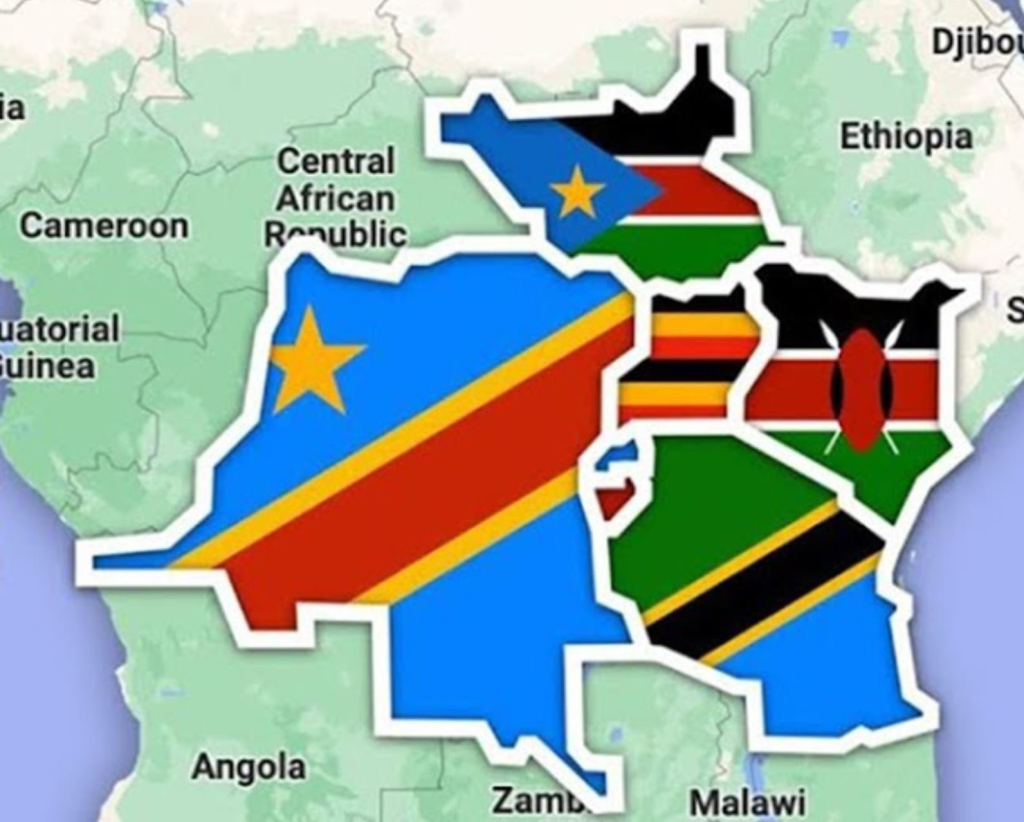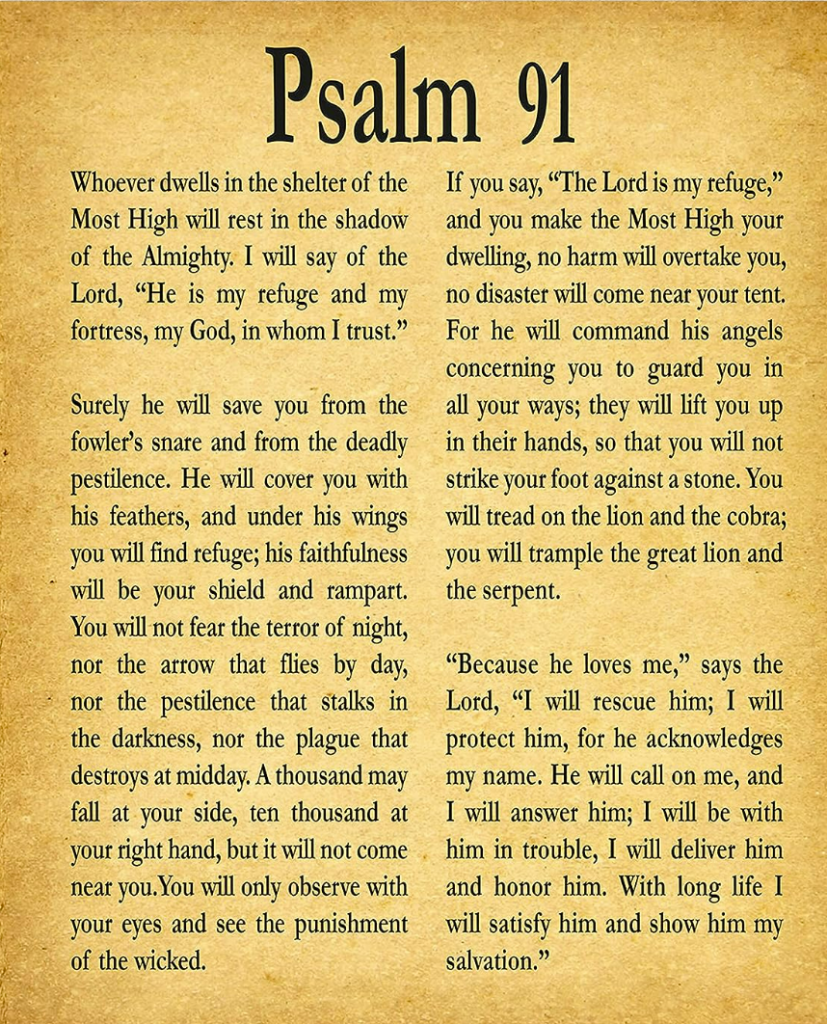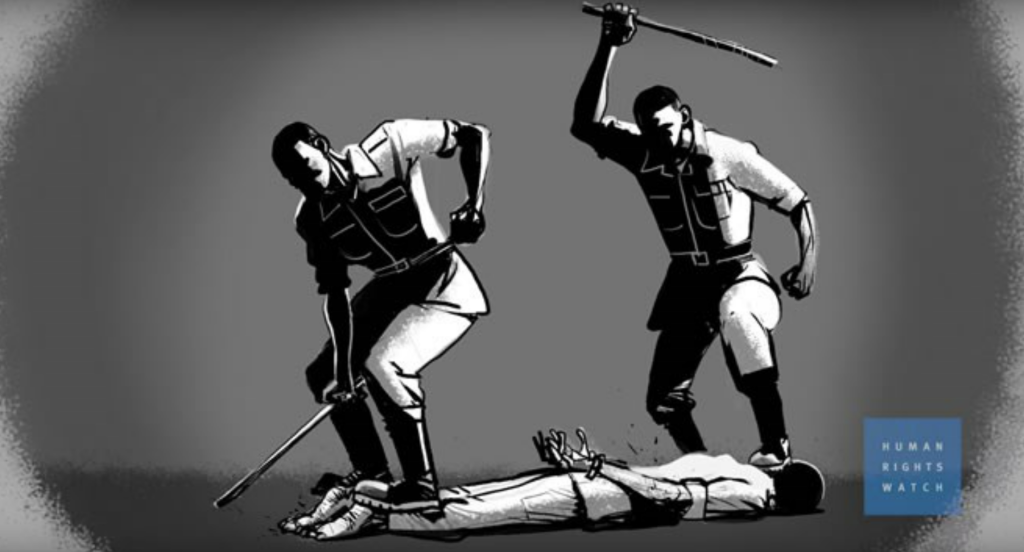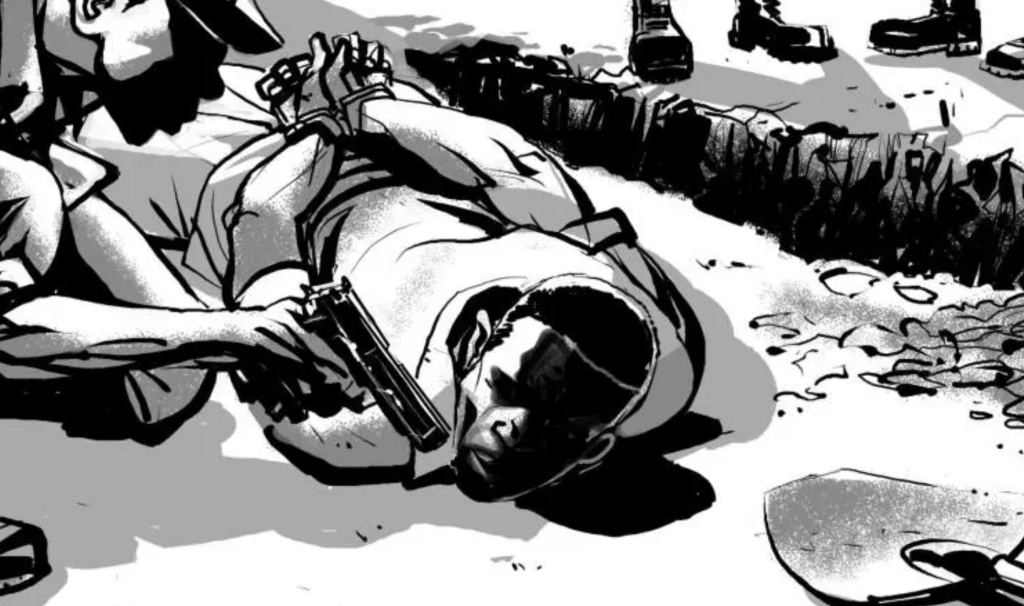This image from Human Rights Watch graphically portrays the harrowing conditions faced by Hutu torture victims at the hands of Rwandan Tutsi soldiers within torture chambers. The depiction underscores the extreme cruelty and inhumane treatment these victims endure. Tragically, many young Rwandans have perished due to such brutalities by the Tutsi military personnel.
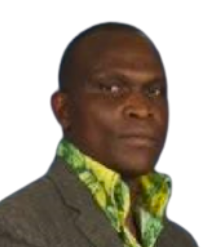
Dr. William A. Twayigize
- Home
- About Us
- Testimonies
- The Long Walk
- My Homeland
- A Day With My Father
- The Village Traditional Healer
- A Murder On Boxing Day
- My Last Football Match
- Our Prophets And Patriarchs
- The Assassination of the Presidents
- The RPF Massacres of Hutus in Zaire/DRC
- The Fall of Mobutu
- The Hutu Refugees Massacres in Picture
- A Hellish Journey to Rwanda
- Killed From The Altar
- The Origin of Hatred
- Arriving In Kenya
- A Scarred Past
- Coming to America
- Arriving in America
- Ministries
- Contact Us
